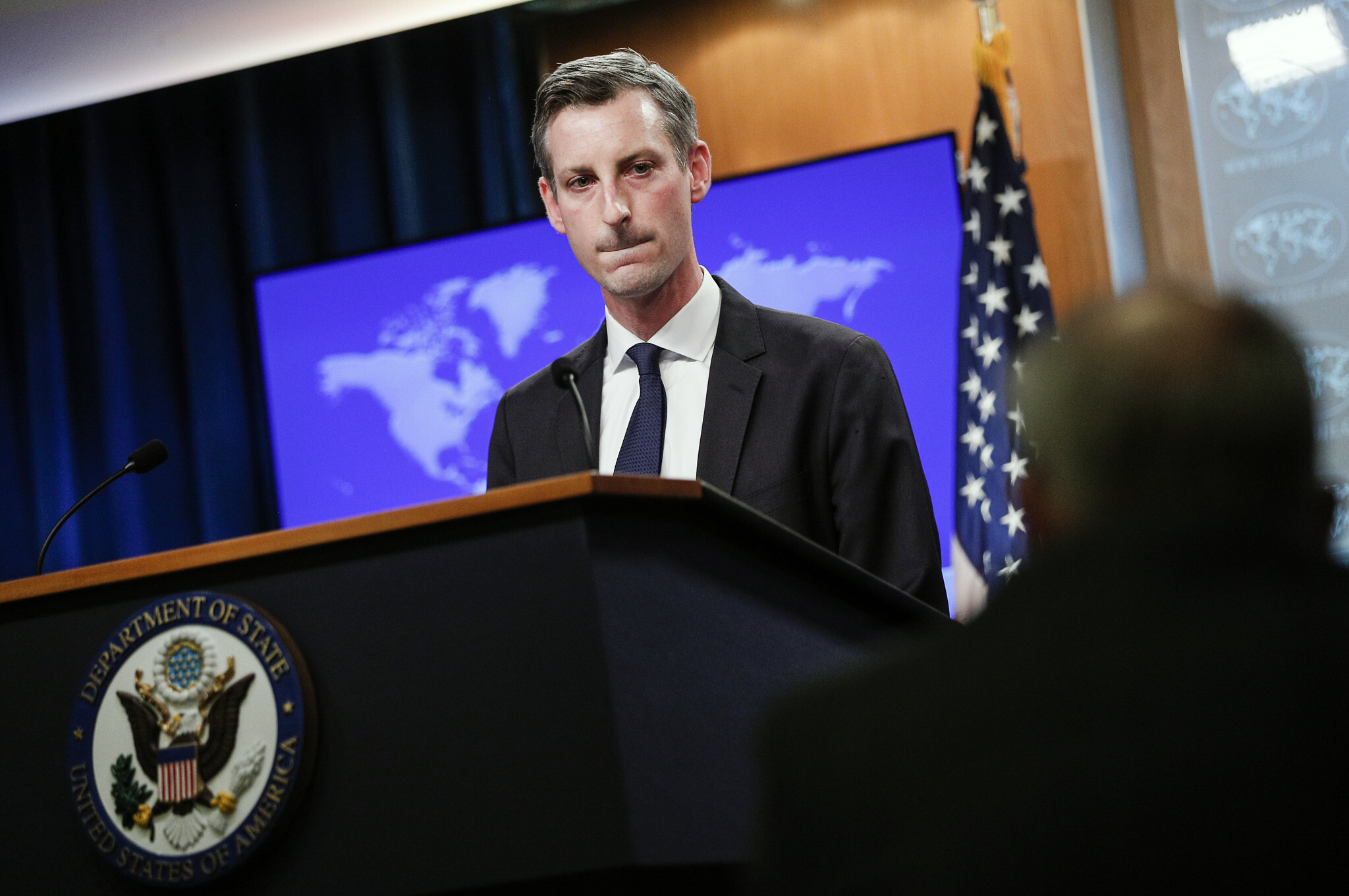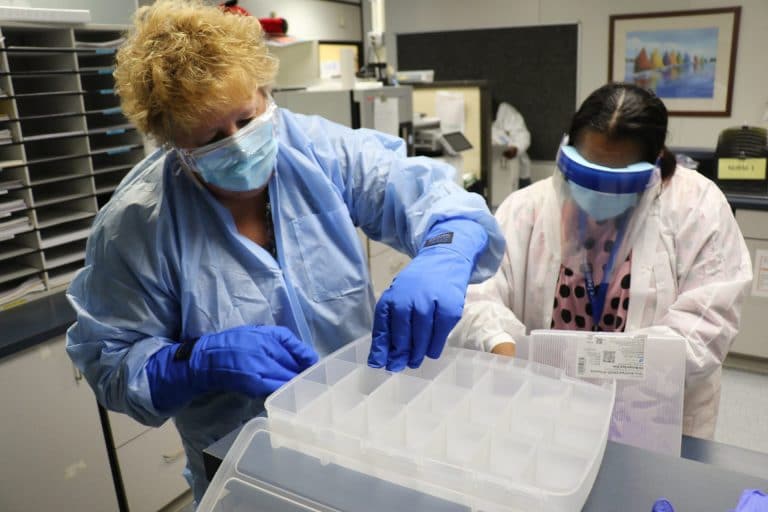
The teams effectively identified bot networks designed to spread vaccine misinformation, 18 but the public health community largely overlooked the implications of these findings. DARPA’s (the US Defense Advanced Research Projects Agency) 2015 Bot Challenge charged researchers with identifying “influence bots” on Twitter in a stream of vaccine-related tweets. We seek to understand what role, if any, they play in the promotion of content related to vaccination.Įfforts to document how unauthorized users-including bots and trolls-have influenced online discourse about vaccines have been limited. One commonly used online disinformation strategy, amplification, 17 seeks to create impressions of false equivalence or consensus through the use of bots and trolls. Much health misinformation may be promulgated by “bots” 15-accounts that automate content promotion-and “trolls” 16-individuals who misrepresent their identities with the intention of promoting discord. 12,13 Additionally, recent resurgences of measles, mumps, and pertussis and increased mortality from vaccine-preventable diseases such as influenza and viral pneumonia 14 underscore the importance of combating online misinformation about vaccines.

9,11 Exposure to the vaccine debate may suggest that there is no scientific consensus, shaking confidence in vaccination. 8–10 Vaccine-hesitant parents are more likely to turn to the Internet for information and less likely to trust health care providers and public health experts on the subject. Proliferation of this content has consequences: exposure to negative information about vaccines is associated with increased vaccine hesitancy and delay. 6 Antivaccine advocates have a significant presence in social media, 6 with as many as 50% of tweets about vaccination containing antivaccine beliefs. 5 Some of this information is motivated: skeptics use online platforms to advocate vaccine refusal. 1,4 This potentially reduces vaccine uptake rates and increases the risks of global pandemics, especially among the most vulnerable. 1 Despite significant potential to enable dissemination of factual information, 2 social media are frequently abused to spread harmful health content, 3 including unverified and erroneous information about vaccines. Health-related misconceptions, misinformation, and disinformation spread over social media, posing a threat to public health. More research is needed to determine how best to combat bot-driven content. Directly confronting vaccine skeptics enables bots to legitimize the vaccine debate. Accounts masquerading as legitimate users create false equivalency, eroding public consensus on vaccination.

Whereas bots that spread malware and unsolicited content disseminated antivaccine messages, Russian trolls promoted discord. Analysis of the Russian troll hashtag showed that its messages were more political and divisive.Ĭonclusions. Whereas content polluters posted more antivaccine content (χ 2(1) = 11.18 P < .001), Russian trolls amplified both sides.

We conducted a content analysis of a Twitter hashtag associated with Russian troll activity. We estimated the likelihood that users were bots, comparing proportions of polarized and antivaccine tweets across user types. We compared bots’ to average users’ rates of vaccine-relevant messages, which we collected online from July 2014 through September 2017. To understand how Twitter bots and trolls (“bots”) promote online health content.


 0 kommentar(er)
0 kommentar(er)
